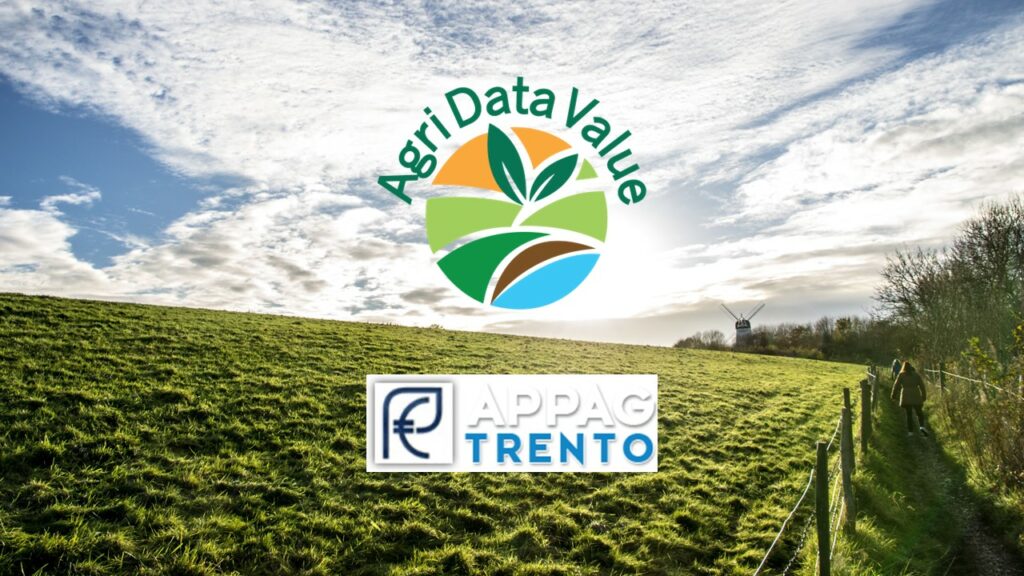Agenzia Provinciale per i Pagamenti (APPAG) is the Common Agricultural Policy (CAP) Paying Agency for the Autonomous Province of Trento. APPAG is in charge of managing and controlling expenditure financed by the European Agricultural Guarantee Fund (EAGF) and the European Agricultural Fund for Rural Development (EAFRD). APPAG authorises and checks payments in order to establish the amount to be paid to farmers in accordance with European law. It is also responsible for administrative and on-site checks on the operations performed by farmers within the framework of CAP financing.
APPAG manages different types of agricultural data related to the Autonomous Province of Trento, i.e. land use, graphic cultivation plans, the Provincial livestock database and the Provincial graphic pasture land register. This data originates from orthophotos provided by the national Agricultural Funding Agency (Agenzia per le erogazioni in Agricoltura – AGEA), APPAG’s periodical on site inspections and farmers’ self-declarations.
In AgriDataValue and within the framework of WP4, APPAG will contribute valuable data to train the projects climate models. This initiative focuses on the Autonomous Province of Trento, which will act as a small-scale pilot region. The goal is to predict the impacts of climate change on local agriculture and specific cultivation areas. By analyzing this data, we aim to develop comprehensive guidelines for local farmers. These guidelines will help farmers understand future agricultural trends and implement targeted mitigation measures to adapt to changing climate conditions. This proactive approach will ensure that the agricultural sector in Trentino remains resilient and sustainable in the face of climate change.
In addition, with the application of climate models, APPAG could identify the possible impact of climate change on CAP 2023-2027 performance indicators at European and/or national level. CAP’s performance is measured by a wide set of indicators provided by the European Commission and Member States, some of which are closely influenced by climatic conditions. Identifying potential barriers posed by climate change on the achievement of these goals can help in adopting some mitigation measures and intensifying efforts on specific aspects of the CAP.


